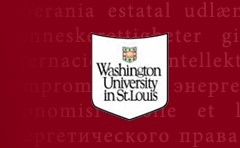The Rule of Law in a Globalizing World—An Asian Perspective
Publication Title
Washington University Global Studies Law Review
Abstract
Reconceptualization of the rule of law at the international level in turn requires addressing the following two separate but interrelated questions that are especially pertinent in the context of the present-day international system. First, should the rule of law, when applied at the international level, be defined from a formalistic or substantive point of view? In other words, should the concept of the rule of law, when transposed to the international realm, be read narrowly as referring to its formal aspect of “the rule by the laws,” or broadly as referring to the substantive content of the law as well? This question has already been hotly debated in the domestic context, but it takes on a new significance in light of the unique role that the rule of law is expected to play at the international level in the present-day world. Second, what entities should be subject to the rule of law in this international context? Is the international rule of law limited in its application to the interrelationship among sovereign states that constitute the international community, or does its application extend to the rights and duties on an international level of individuals, who, after all, are the ultimate addressees of the legal norms in the global community?
Recommended Citation
Hisashi Owada,
The Rule of Law in a Globalizing World—An Asian Perspective,
8
Wash. U. Global Stud. L. Rev.
187
(2009),
https://openscholarship.wustl.edu/law_globalstudies/vol8/iss2/2
